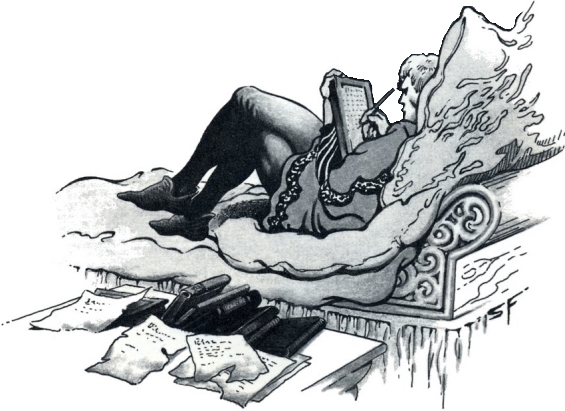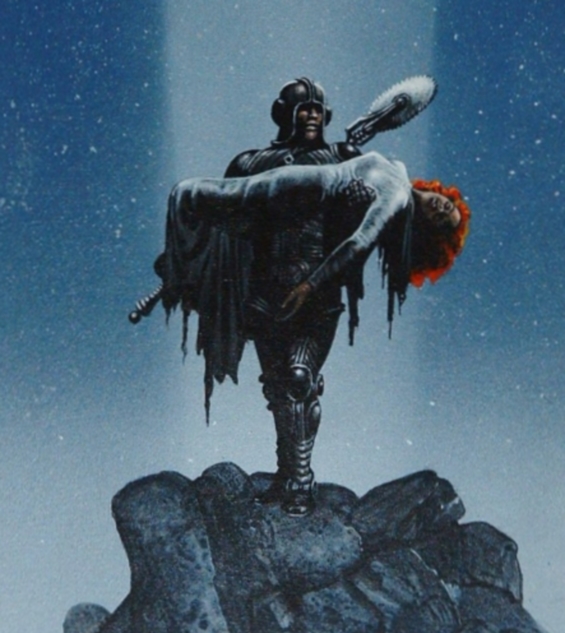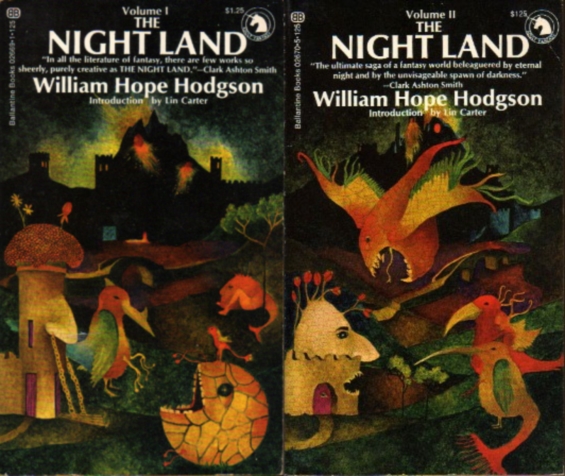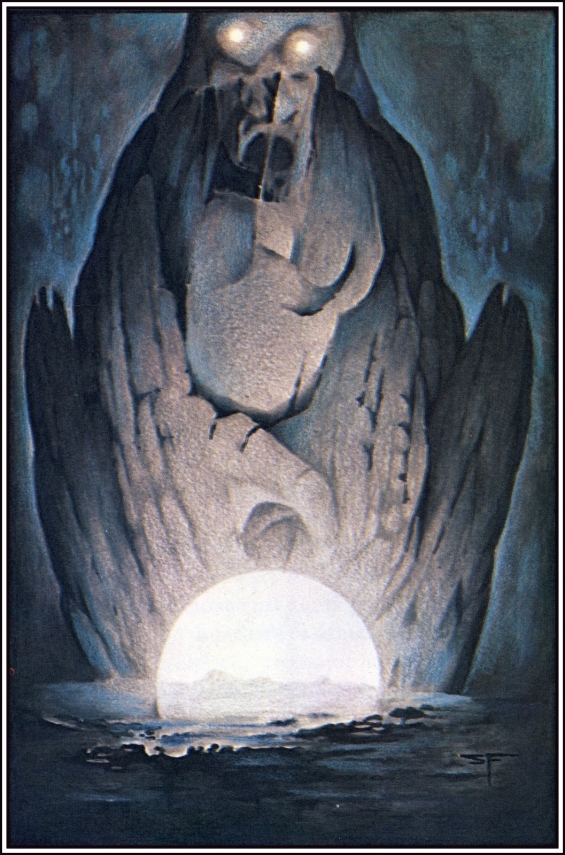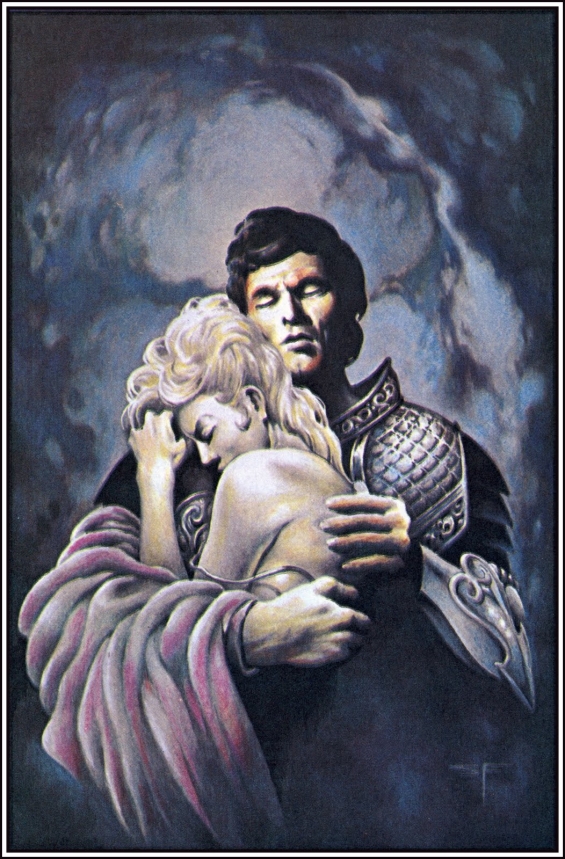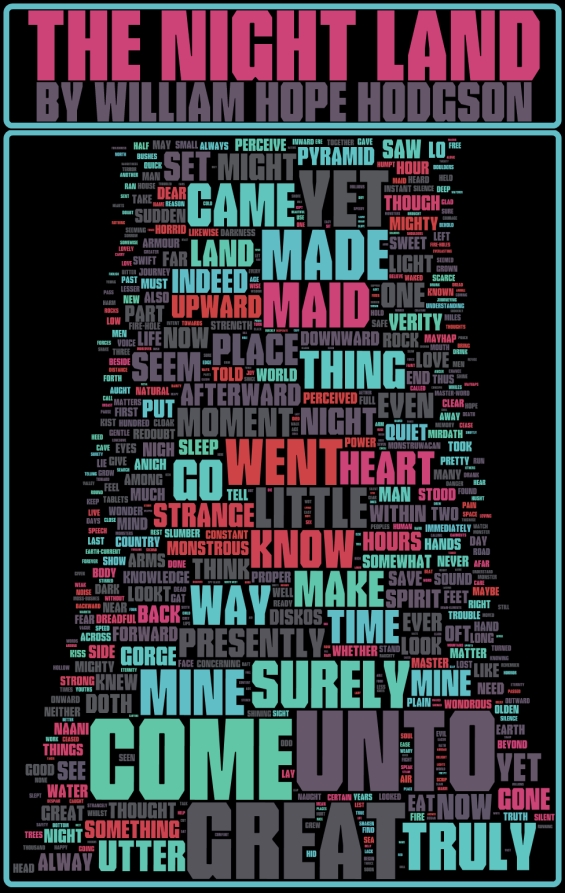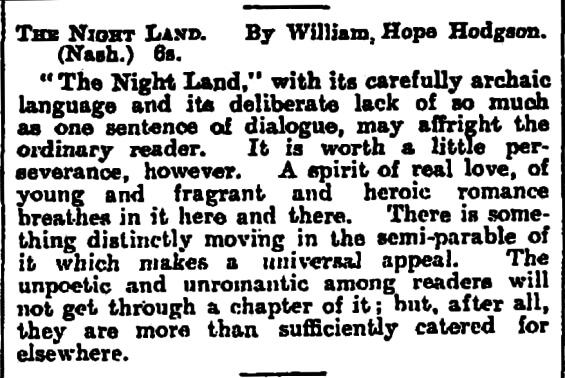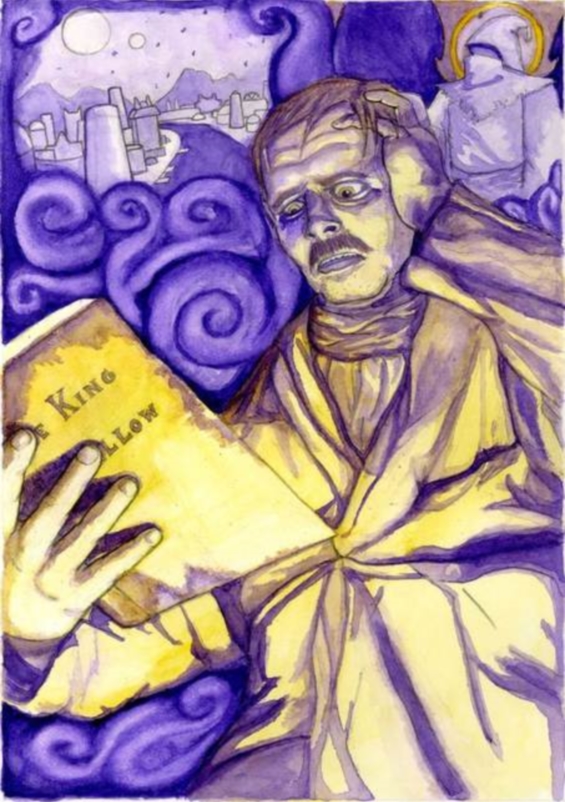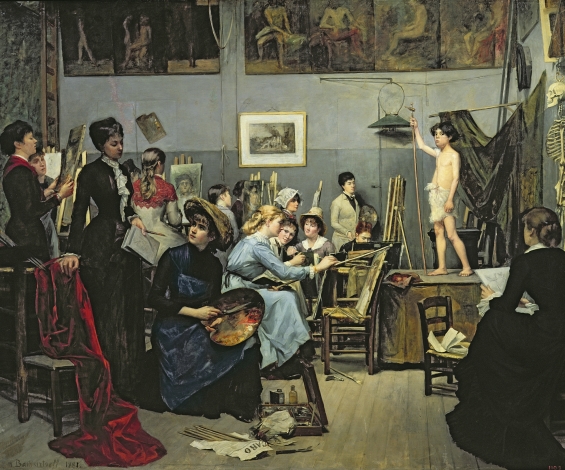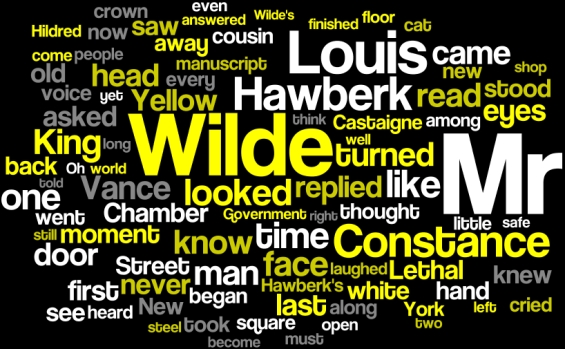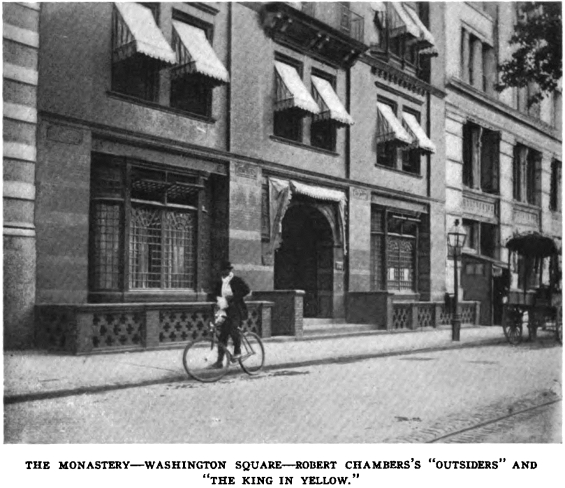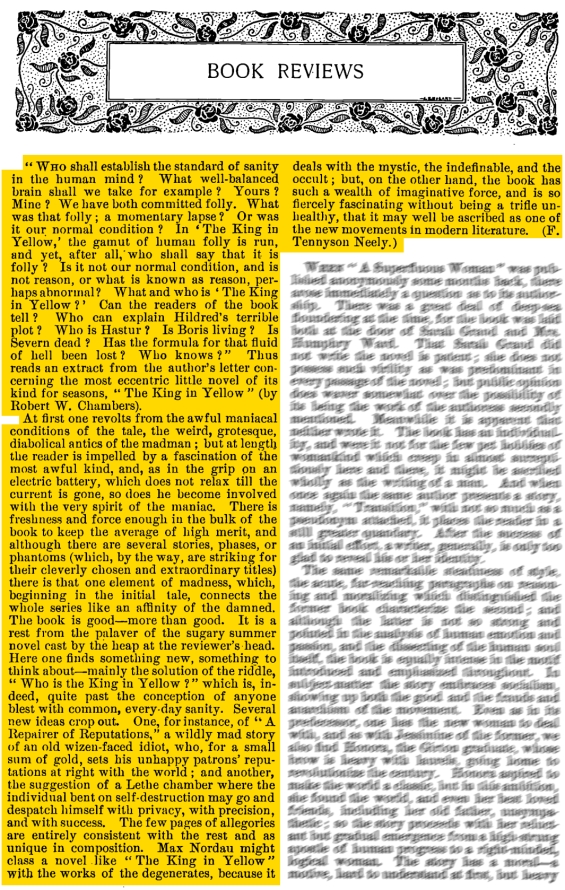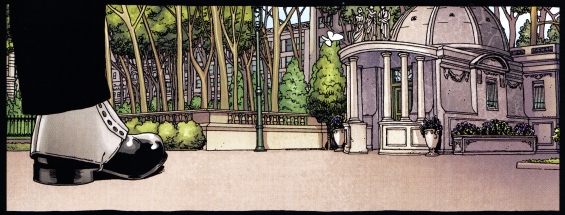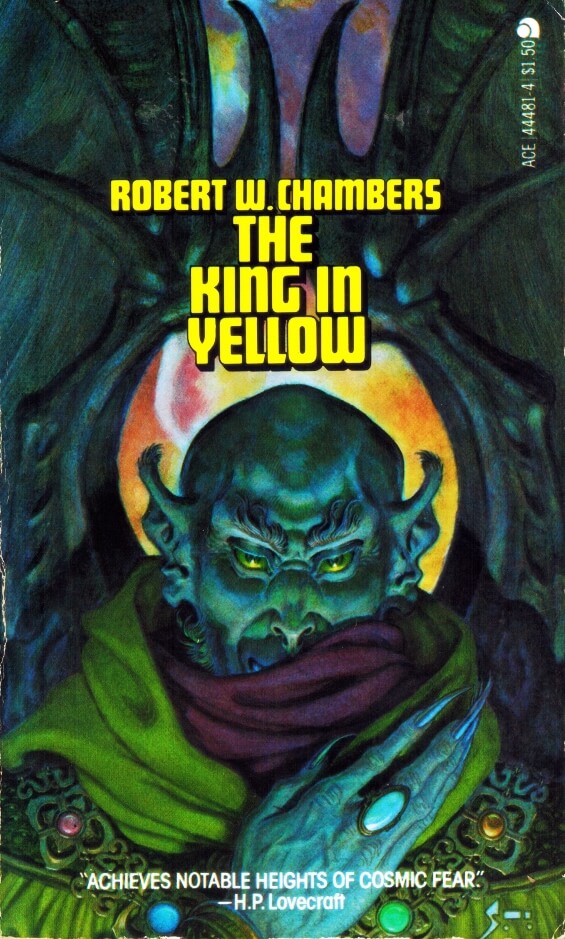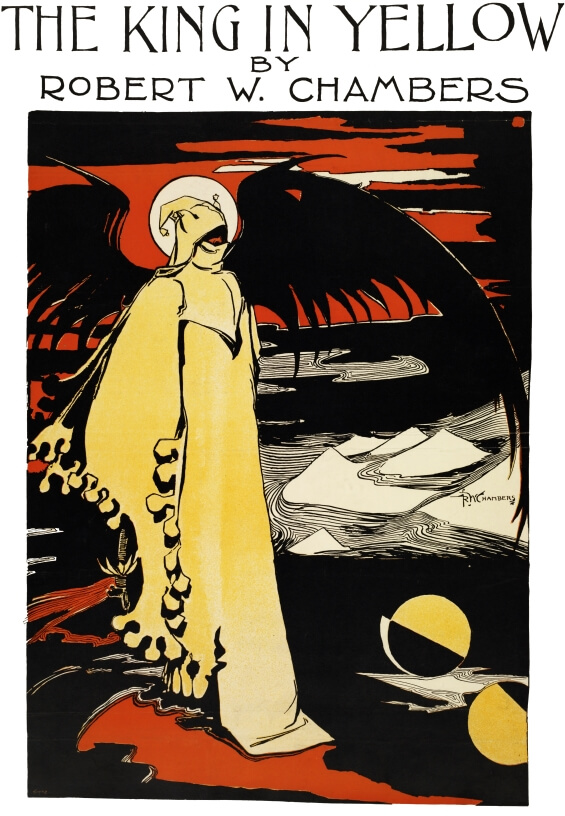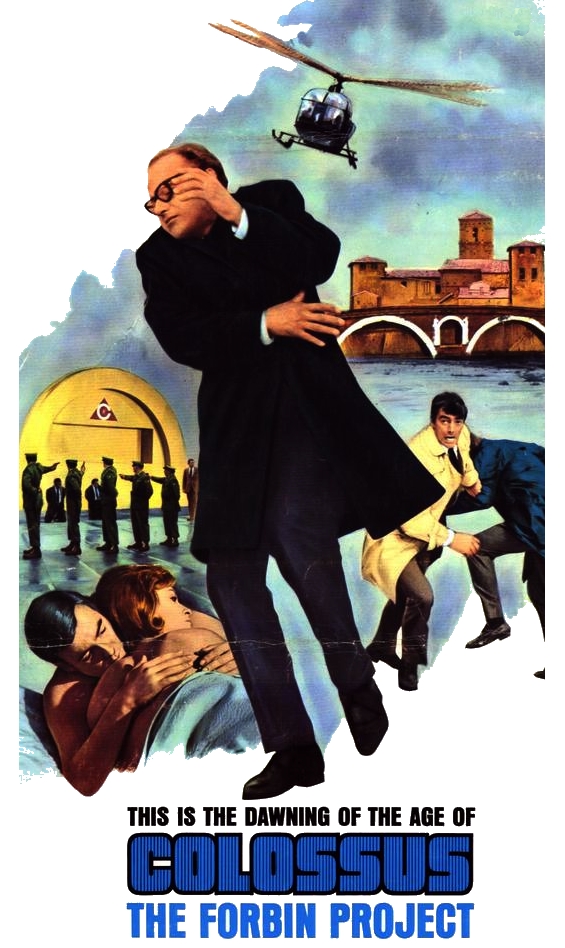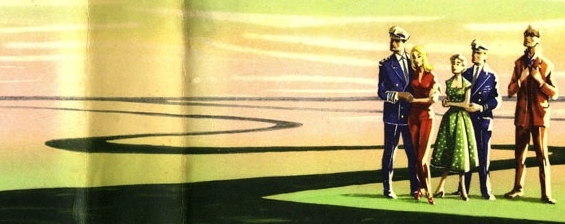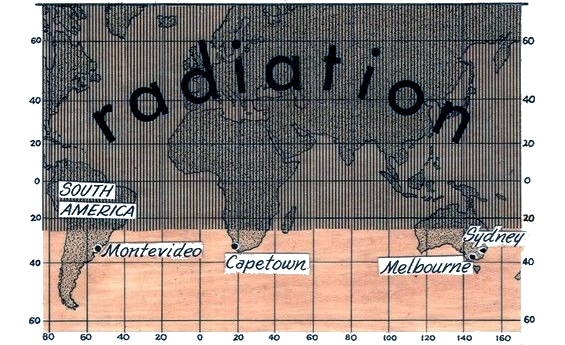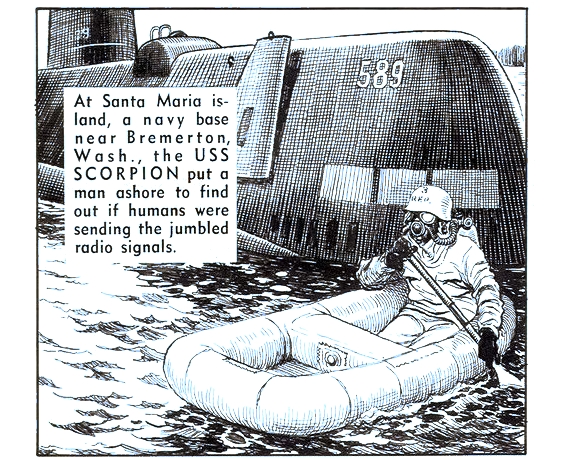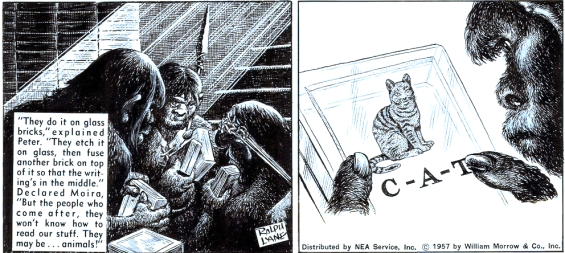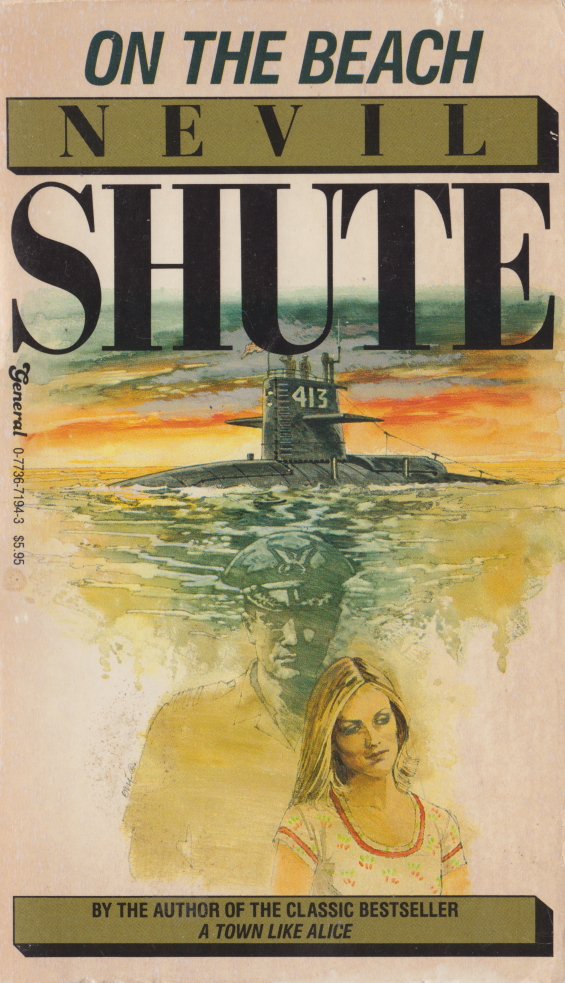
 The SFFaudio Podcast #307 – Jesse, Julie Davis, Seth, and Maissa talk about The Lord of the Rings Book I (“The Ring Sets Out”) by J.R.R. Tolkien.
The SFFaudio Podcast #307 – Jesse, Julie Davis, Seth, and Maissa talk about The Lord of the Rings Book I (“The Ring Sets Out”) by J.R.R. Tolkien.
Talked about on today’s show:
On the comparative merits of the book, movie, and the BBC audio drama; the similarity between the audio drama and the film; Ian Hom as Frodo in the audio drama (elder Bilbo in the film) and Michael Hordern as Gandalf; Rob Inglis’s superb audiobook narration and singing; poetry and singing as a reflection of Tolkien’s mythological influence; Kenneth Morris’s influence on Tolkien; The Silmarillion and the creation of Middle Earth; The Tolkien Professor and Michael Drout as resources for further Tolkien scholarship; Jesse’s first encounter with The Hobbit; the birth of Jesse’s fascination with audiobooks; the depth of Tolkien’s world-building and lack of depth in fantasy successors; Aragorn is unsung hero; on how the audio helped Jenny get a handle on the series; Seth’s regular reading of the novels; Maissa has questions as a new reader; the cliffhanger ending of Book I; on the making of the rings; the ring as an analogy to modern technological addiction; Steve Jobs as Sauron; Maissa envisions true palm technology and Jesse envisions a real technological ring; Doctor Who; Socrates, Gyges, and a ring of invisibility, how much agency does the Ring have?; religious subtext; more on the ring’s agency; “more than one power at work”; on how Tolkien had to retcon The Hobbit; Tolkien’s letters and his attention to detail; Frank Herbert’s similar world building process in Dune; on Middle Earth’s historical depth; the cats of Queen Berúthiel; Farmer Maggot vs. the Black Rider; hobbits make the story relatable; Gandalf as rabble-rousing priest and prophet (Moses, Jeremiah); “birthday presents” and the circularity of the tale; “The Conspiracy Unmasked” and the power of friendship; the untold tale of Fredegar Bolger; on the faults of hobbits; parallels with modern military conflicts; economics in the books (or lack thereof); the varieties of goodness and evil; the Prancing Pony has free wi-fi; a time of transition and the Elves’ pilgrimage to the Gray Havens; on Gollum’s possession of the ring; Tom Bombadil as unexplained phenomenon; Jesse wants a Tom Bombadil Bed and Breakfast; on the importance of Frodo’s encounter with the Barrow White; Tolkien could have written weird fiction; Sam’s selfless sacrifices; Tolkien’s impact on our real lives; we are all Butterburs wanting to be Sams; Sam learning his letters; class differences in the Shire, Hobbiton as Downton Abbey; “the road goes ever on”; does Sauron have corporeal existence?; no Harry Potter style set pieces in favor of a much more organic feel; Jesse tells us the definition of scrumping; Tolkien’s descriptions of nature; on Tolkien and fantasy tropes; influence on Dungeons and Dragons; Bombadillo cadence; comparisons with contemporary writing of Fritz Leiber’s Fafhrd and the Gray Mouser series and Robert E. Howard’s Conan stories; Tolkien’s preference for allegory over history; the power of words in Tolkien and its parallel with Ursula K. Le Guin’s A Wizard of Earthsea; on the novel’s slow opening; on the film’s simplification of plot and characters, Merry and Pippin in the film are Dumb and Dumber; if Gandalf can make fireworks, why are there no guns in Middle Earth?; for a wizard, Gandalf doesn’t do much magic; (who let the dogs out?); Tolkien and World War I; on Gandalf’s refusal to take the ring; on the etymology of wraith and the origin of the ring wraiths; more on Plato and Socrates’s Ring of Gyges parable; Gollum’s fascination with roots and beginnings; Aragorn’s healing power (foreshadowing!); giving the ring to the wrong person is “like giving a machine gun to a baby”; Saruman twisted by even the idea of the ring; Maissa is a prescient reader.
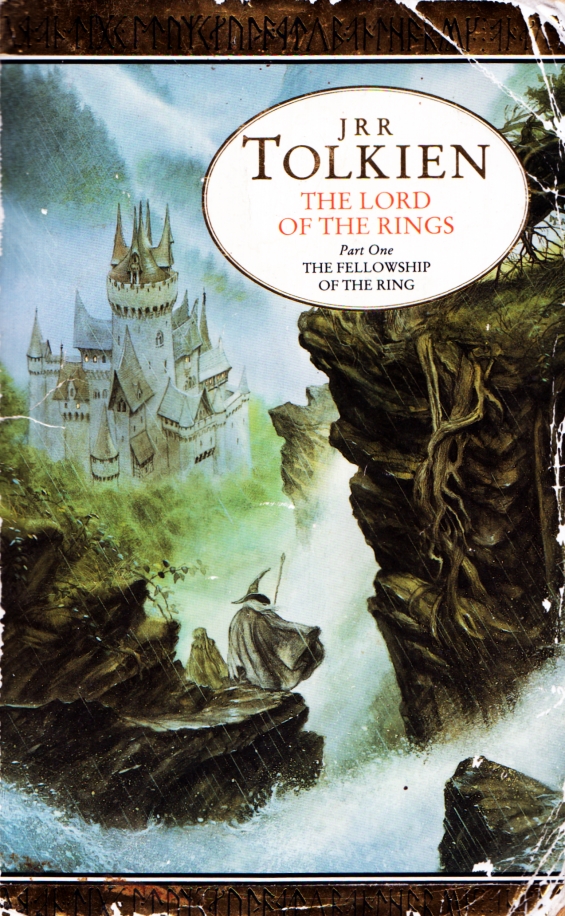
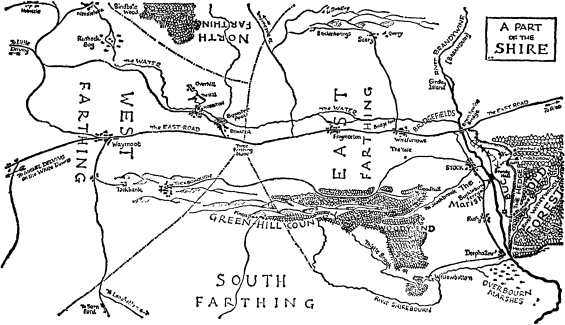
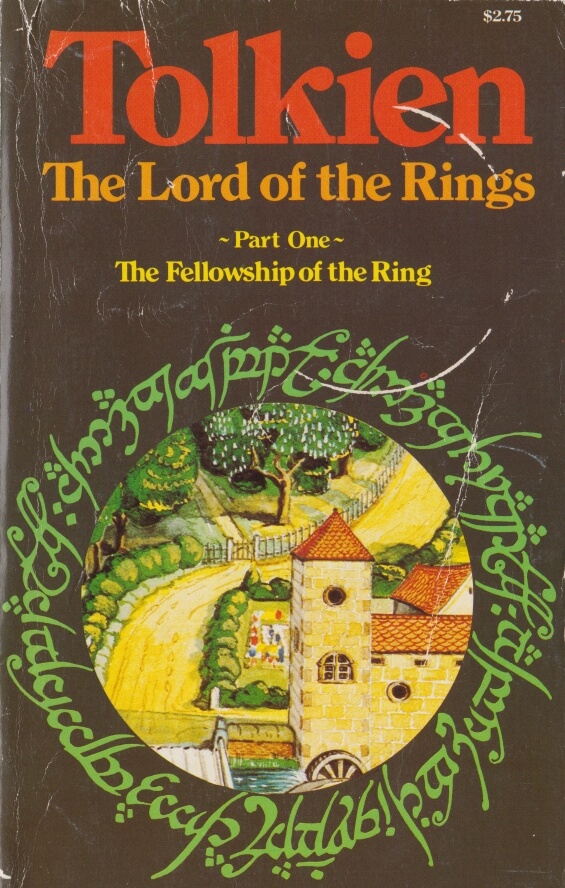
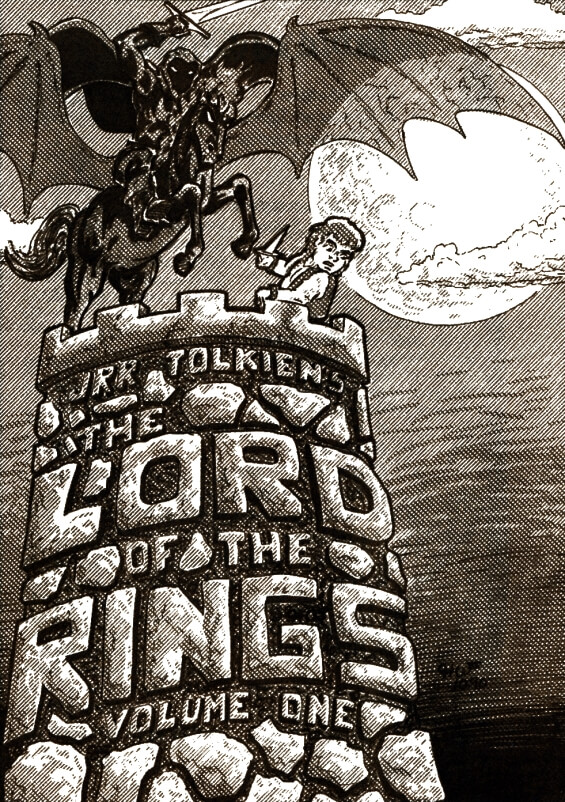
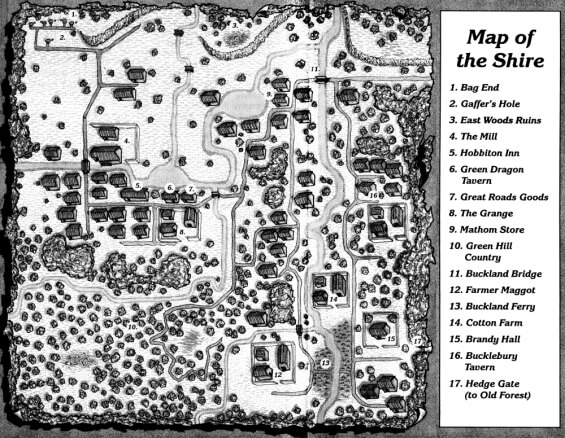
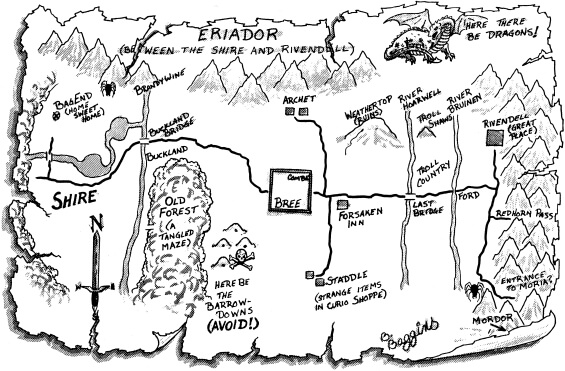
Posted by Jesse Willis



